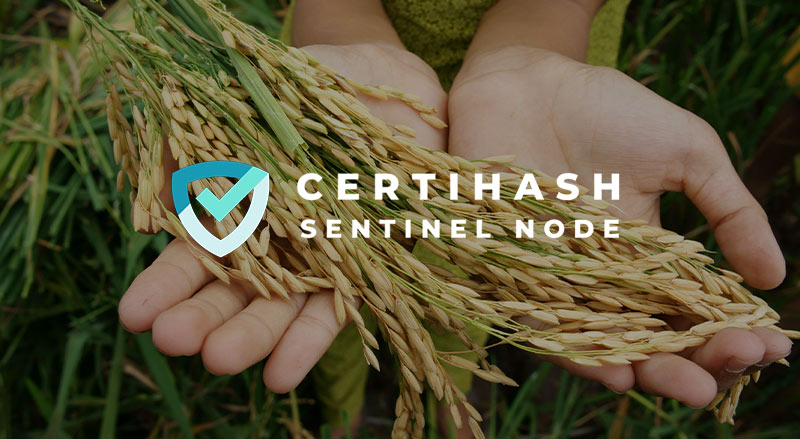Agriculture stands as one of the most crucial sectors in the economy, directly impacting people’s lives worldwide. The food industry, with its intricate web of interconnected businesses, is multi-dimensional and challenging.
Notably, this delicate web was threatened by a cyberattack on JBS in 2021, the world’s largest meat processor, which triggered a chain reaction that swiftly spread throughout the entire meat industry.
Due to the lack of digital record-keeping, JBS was unable to process carcasses and resorted to pen-and-paper documentation while the meat remained in cold storage.
Consequently, ranches and farms couldn’t bring their animals to market, and restaurants and retailers struggled to secure meat supplies. This scarcity led to a significant rise in consumer prices due to the ensuing downtime and international pressure.
JBS executives engaged in negotiations with the hackers and ultimately paid them $11 million in Bitcoin to decrypt their system. However, the actual cost of the data breach far exceeded that amount, as the government imposed substantial fines on the company.
Cyberattacks in an IoT food industry
Looking ahead, the food and agriculture industry will increasingly adopt smart devices, IoT, and automated farming techniques. While these Agritech advancements bring numerous benefits, they also introduce heightened cybersecurity risks.
When cybercriminals target production systems, they jeopardise people’s lives and place food production networks and businesses at severe risk.
The costs incurred from a data breach can surpass the initial ransom paid. Remedying the company’s damaged reputation post-breach demands considerable attention and resources.
Additionally, governments and regulators have become increasingly stringent towards organisations that fail to adequately protect consumer data, resulting in significant fines. For instance, in 2017, Equifax lost the personal and financial information of nearly 150 million individuals and faced a $575 million fine.
These factors underscore the importance of addressing vulnerabilities in the food industry, particularly since more than 20% of food companies possess known vulnerabilities in their exposed Internet assets, ranging from relatively benign to highly critical.
Blockchain can stop a similar attack in its tracks
Recognising the risks, policymakers have begun prioritising resilient cybersecurity practices in discussions and legislation. They believe this is a pivotal moment to accelerate efforts in enhancing domestic cybersecurity and strengthening national resilience.
Innovative technologies like blockchain hold tremendous potential for securing the food industry in the future.
With this in mind, SmartLedger developed the Certihash suite specifically for enterprise clients, offering them a solution to mitigate the risks of data breaches. The initial module released within Certihash is called Sentinel Node, which provides real-time event notifications for network activities. This comprehensive toolset leverages the BSV blockchain to ensure the confidentiality, integrity, and availability of records, making them publicly accessible on a permissionless blockchain.
The traditional approach to data storage involves centralising data in one or multiple locations, creating attractive targets referred to as “honeypots” for hackers. By adopting blockchain technology, Certihash by SmartLedger allows for the individual distribution of records. Consequently, hacking all these distributed records becomes much more challenging and expensive compared to breaching a single centralised honeypot.
BSV Blockchain Association – a proud partner of SmartLedger
BSV Blockchain Association is pleased to partner with SmartLedger on a series of explainer videos about its Certihash and Sentinel Node products.
BSV Blockchain Association is a non-profit association (Verein) based in Switzerland and a global industry organisation which advances the BSV blockchain (BSV). It brings together enterprises, start-up ventures, developers, merchants, exchanges, service providers, blockchain transaction processors (miners), and others in the BSV ecosystem.
The Association supports BSV as the original Bitcoin, with a stable protocol and massive scaling roadmap to becoming the world’s new money and global blockchain for enterprise. The organisation seeks to build a regulation-friendly ecosystem that fosters lawful conduct while encouraging digital currency and blockchain innovation.
